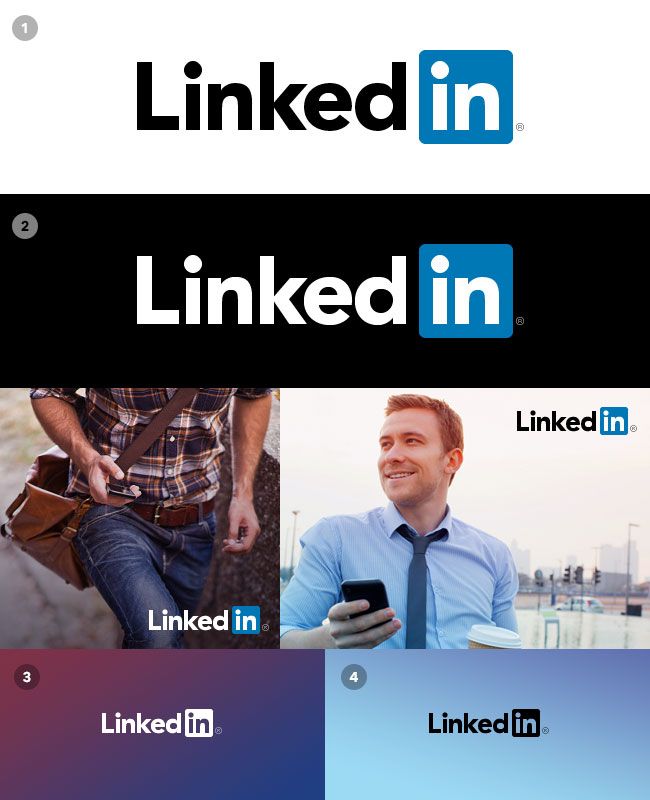What LinkedIn Could Be

For many years LinkedIn have been building a hope of bringing revolution to the obsolete job and HR market. In recent years it seems they've settled down as being "your online CV" + "candidate search". I'll try to broaden their story.
Present Story
Assets
- Huge, steadily growing network of users.
- Large, growing data set of CVs and companies.
- Information about "professional interests" of users.
- B2B relationships with HR industry; hiring managers, HR departments.
- Recognizable, trusted brand.
- Diversified revenues: hiring solutions, premium subscriptions, advertising.
- Good understanding of proffesional-corporate-western world of work.
- Obvious ones: employees, cashflow, sales process.
Boundaries
- Profiles are CV-like. Classic, understandable format.
- It's a professional network. "Let's act seriously".
- They're a public company. "Let's act responsibly".
- Everyone has one profile.
- Only people make connections. Companies don't.
- Every user has the same tools for profile building, to connect, to publish.
Conclusion: They're in the HR industry.
Narrative
They say this on their about page:
Our mission is simple: connect the world's professionals to make them more productive and successful. When you join LinkedIn, you get access to people, jobs, news, updates, and insights that help you be great at what you do.
So the story they tell them selves is that "LinkedIn is THE professional social network". They want to become the web's utility - like Facebook for private social life or Google for search - only for finding jobs/employees.
Changes
The problem with the approach is that it's defined in an obsolete vocabulary. They use a number of terms that will be replaced by new ones soon.
Old Term vs. New Term
- CV vs. Portfolio, online profile, body of work.
- JobListing vs. Project spec.
- An Interview vs. Mini test project, test work period.
- 9-5 in the office vs. Remote work. Coworking. Mixed.
- Retirement vs. Work till the end of life / Self-funded retirement
- Career ladder vs. Series of gigs. Free agents.
- Recruitment agency vs. Network intelligence (josbs/gigs find you). Online marketplaces (oDesk, etc.)
- Graduation / diploma vs. Constant learning. Online universities + free knowledge everywhere.
- Hierarchy vs. Network of allies. Horizontal loyalty. Organic leadership.
- Training vs. Apprenticeship.
- Stability, predictability of employment vs. Flux of projects, gigs. Personal brand.
- Diploma, credentials, years of experience vs. Body of work. Recent projects.
Now in the reverse order let's look at what they could change.
Narrative LinkedIn Could Have
Instead of being the professional network LinkedIn could say something like:
"We enable people, teams and organisations worldwide to make connections most beneficial for all parties."
or
"We match people and teams with projects and companies to maximize productivity and satisfaction of both sides."
Broadening the narrative like this would enable them to encompass a much bigger chunk of human activity. Projects could become an integral part of the system, not as an afterthought but right when it starts. People could create teams, bid for work, showcase their relevant portfolio to interested audiences.
New Boundaries
- New kinds of entities: project, team, bid...
- New kinds of view on someone's work: custom portfolio or projects, jobs and contributions...
- Open Interactions: handing the decision if some interaction is allowed or not to the users.
- Enabling various kinds of offers apart from regular jobs.
- Opening up a powerful API and 3rd party apps.
- Allow companies to connect to people, other companies and create consortia.
Assets Change
LinkedIn could innovate on the product so that it could become different thing for different people. Ex. Let users filter what they see, let them target what they post, let user present themselves differently to different audiences. Let them create projects, bid for them and then collaborate on the portfolios.
Opening up this kinds of cooperation between people and companies could jeopardize part of their current business model. They currently profit handsomely thanks to artificial information barriers that they establish and guard. Ex. like distribution of job offers or advanced search & contacting.
The changes I propose could require Ln to be less protective of their data. The data that's now closed inside a silos. It would need become a low level, simple and flexible platform layer of the world economy. This could enable all sorts of integrations and 3rd party applications through their API, further strenghtening the community and perhaps making the platform transactional.
Having data about real projects and transactions would make Ln much stronger carrier of social trust and credibility.
LinkedIn would become an indispensable element of economic ecosystem rather than of the HR industry.
This post originally appeared on the altMBA student portal.
